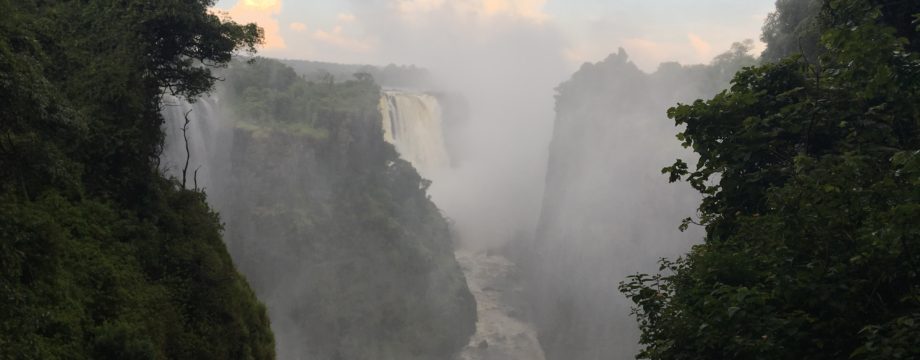This article was originally published on Cache Up NB. It has been mirrored here for archive purposes only.
If you have been a cacher long enough, you know that there are a certain set of hiding guidelines that Geocaching.com is very set upon. You’ll also know that these guidelines tend to be interpreted differently depending on the reviewer. This of course has always been a sore spot for some cachers but the reality is, without the reviewers, we’d likely not have the amount of caches we have out there. In some ways, I think it is a thankless job as I suspect they get crapped on more than they get appreciated. They do however have one single goal: enforce the guidelines as they see them.
The guidelines (found here) of course have all kinds of things in them that people question. However, in recent months, some questions about the use of commercialism and tourism when it comes geocaching have surfaced. Fortunately for us, one of our own community members has been working very closely with someone from Groundspeak’s business development group to get a bit more information about how some of these guidelines are applied. Tiger Tracker has been working with both the province of New Brunswick as well as Groundspeak to set up the Excursion NB hunt which is currently running. In the process of working on this, he came into some issues regarding the way caches were being listed and some of the restrictions tied to commercialism vs geocaching. He provided me some details of the back and forth between him and Groundspeak. Below are some highlights.
- When it comes to caches (of any kind) that are tied to a national park, Groundspeak’s official word (according to them) is that these are not considered commercial caches as they wish to encourage geocaching in those areas while enjoying the beauty they already offer. Many parks have frowned upon geocaching in the past so any opportunities to showcase the benefits and fun of geocaching in national parks are definitely explored. This is typically why things like the yearly Fundy hike are allowed since although it is an “organized hunt” which is against the guidelines, it’s held in a national park which helps to promote the outdoors, and the park itself. They feel that this helps to promote the sport of geocaching and I think it helps to further legitimize the hobby in the eyes of Parks Canada.
- Tourism caches also tend to lean more towards the non-commercial aspect since they are intended to promote a specific area and not a specific business. Any caches that are placed as part of a “tourism” series can’t be placed in commercial businesses but can be placed in locations near a business. They also indicated that they tend to be a bit more lenient on using tourism logos in cache listings, as it is meant to promote an area, not a specific business. Many of the “tourism” caches are managed by or promoted by municipalities, non-profit agencies, or governments and thusly it really falls outside the scope of commercial caching. I think this is ok as long as the caches are in fact tourism caches that actually promote the areas you are in versus being used as a means to solicit funds in some other capacity.
- I wrote out a whole pile of stuff about the current New Brunswick tourism caches/coins but I deleted it. All I will say (and this is my own personal opinion and not that of CUNB as a whole) is that I think some of the tourism/geocoin challenges are being issued for the wrong reasons and some of it has to do with commercialism playing into it. I hope to see this improve in the future.
- Groundspeak does not approve of posting the coordinates of a cache on a secondary page that is not associated with the official listing. All caches should be linked to the official listing so that anyone wishing to find those caches can learn the more recent status. If you just list the GC code and coords on some tourism/park website, the person reading that page would have no idea that perhaps it had been disabled/archived, is in bad shape, or maybe even has a high terrain rating.
- By having to use the official site to obtain the coordinates, it also requires the user to create an account on geocaching.com, and subsequently agree to the terms and conditions for the site. Since the terms and conditions relieve Groundspeak and geocaching.com of any liability should you get hurt, this adds an additional layer of protection. 3rd party sites that list coordinates would likely not have such an agreement.
- I actually fully support this opinion as the official listing is the cache listing itself. People need to know what they are getting into when they go seek a cache.
Something that was also pointed out in the information that was provided is the fact that Groundspeak takes this sort of thing very seriously. If they find that something is in violation of the guidelines, or was done in bad taste on purpose, they have every intention of, and will follow through with, archiving any listing that they feel is inappropriate. In the case of Tiger Tracker’s series of caches, they would have pulled the plug entirely had he not worked out some specifics and now things are fine, and everyone can enjoy it the results.
Now, these are only a few points which were addressed but I do think it is a good start to know at least a few more things about what Groundspeak thinks when it looks at cache listings. I am hoping that at some point down the road, I get the opportunity to talk to a reviewer to get a much better perspective on the cache review process. Until then, if you have any further comment, please post it below.
—
Major portions of this article were contributed to by Tiger Tracker.



9 Responses to Businesses & Parks: How the guidelines are applied